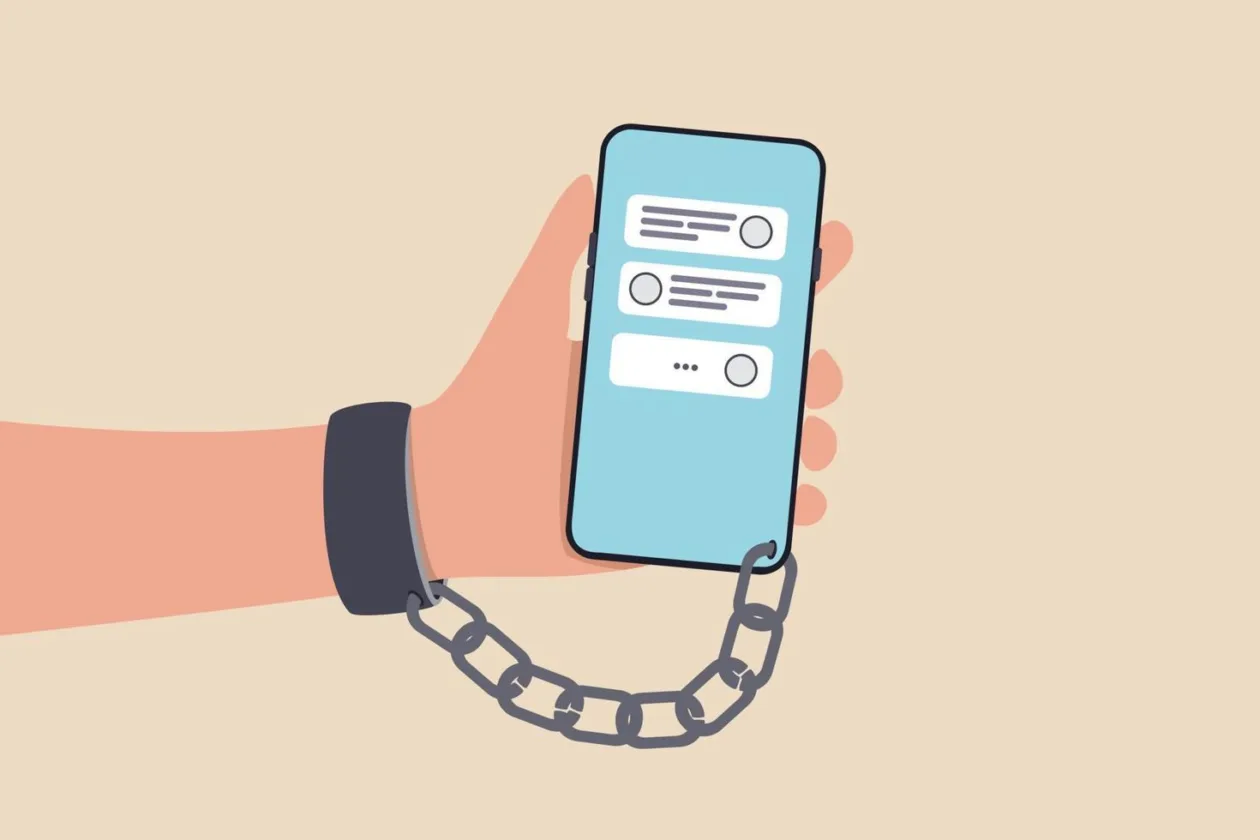
The six words at the top of this page caught my eye earlier this week when I saw them in the subject line of an email from First Things magazine. The email directed me to a short yet compelling first-person testimony of phone addiction and recovery from freelance writer Clement Harrold. I would venture a guess that most of you, like me, saw yourself – over and over again – in Harrold’s narrative.
Here’s how Harrold starts his article: About eighteen months ago, I decided I wanted a healthier relationship with my smartphone. My phone had become a fixture in every aspect of my life. I kept it on my desk when I worked, in my pocket during meals, and by my bedside when I slept. I brought it with me to church, to the gym, to the bathroom. I realized that there was scarcely a moment in my day or night when this tantalizing device wasn’t within arm’s reach.
I’ve discovered that I was hardly exceptional in this regard. And if I had chosen to keep my phone by my side for every minute of every day for the rest of my life, nobody would have stopped me or even particularly judged me for it. If anything, the social pressure is in the other direction, toward an ever-greater expectation that I should have my phone on me at all times. But I knew I didn’t want this. . .
Are you wondering where Harrold’s article goes? I encourage you to read the rest of his article here.
I believe we’re all at a point where we need to seriously consider how we must manage and control these tools we will have for the rest of our lives, rather than having these tools manage and control us. And once we get it figured out, we need to be training our kids to do the same.
Coincidentally, today’s 1-minute Youth Culture Today podcast address some of our emerging realizations regarding how our phones are changing us. . .
Walt, have you heard of Carlos Whitaker and his book, book, “RECONNECTED: How 7 Screen-Free Weeks with Monks and Amish Farmers Helped Me Recover the Lost Art of Being Human“? He is a Christian podcaster, speaker, etc. He has a very interesting viewpoint on how electronics affect our brains. You might want to take a look!
Excellent! So much truth to this, thank you Walt!